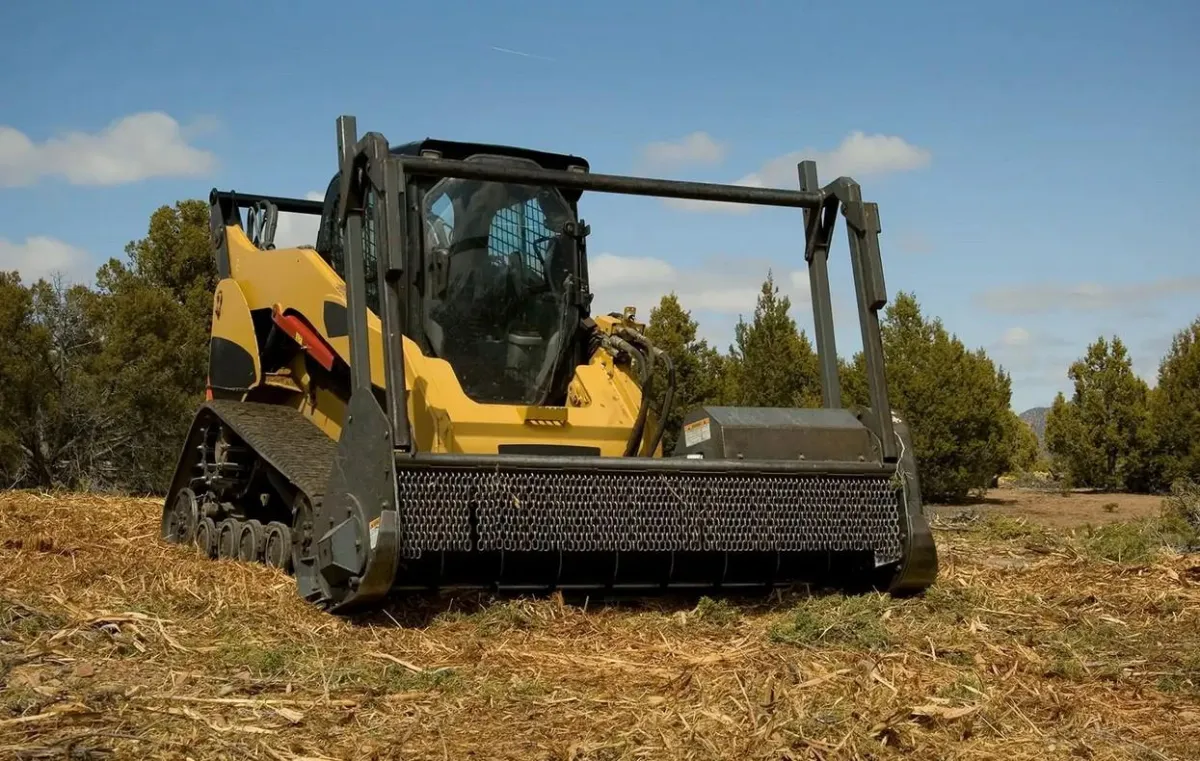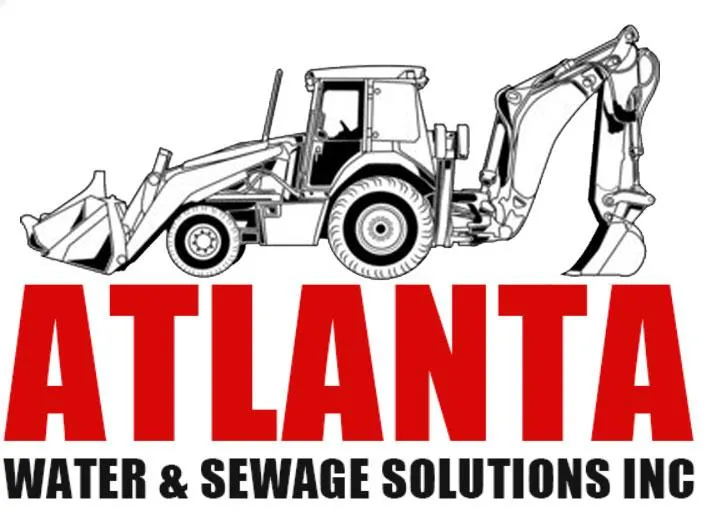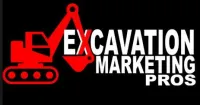
Avoiding Common Problems with Forestry Mulching near Fulton County
1. Why Homeowners Near Fulton County Turn to Forestry Mulching
If you own land near Fulton County, maybe in Union City, College Park, or even out near Oxford—there’s a good chance you’ve considered forestry mulching. Whether you’re clearing out thick brush, making rom for a build, or trying to keep your land from turning into a jungle, it sounds like a great solution. No burning. No hauling. Just one machine grinding everything down into a neat layer of mulch. Simple, right?
But here’s the catch: not all forestry mulching is created equal. And if you’ve been tempted by a rock-bottom price tag, you’re not alone.

2. The Appeal of Cheap Forestry Mulching (and Why It Backfires)
We get it; land maintenance isn’t cheap. If someone offers to clear your overgrown property for hundreds less than the next guy, it’s easy to say yes. Who wouldn’t want to save money?
But here’s what most folks don’t realize until it’s too late: cheap forestry mulching often skips steps that protect your soil, your trees, and even your future project plans. It can leave you with a bigger mess than you started with and cost you more in the long run.
We’ve had homeowners in Gwinnett and Greene counties call us in a panic, asking if we can “fix” what a cheap crew left behind. The ground’s torn up. The roots are still growing back. The weeds return even thicker. Sound familiar?
3. What Can Go Wrong: 5 Hidden Problems We See Too Often
Here’s what we’ve actually seen in the field (and it’s not pretty):
1. Shallow Mulching
If the operator just skims the surface, roots are left untouched which means the brush comes back, fast.2. Uneven Ground
Poor grading and improper mulching techniques leave ruts and dips that make it hard to mow, walk, or build on later.3. Damaged Trees
Inexperienced operators may nick the trunks of trees you wanted to keep. That can invite pests, disease, or, worse, kill the tree outright.4. No Plan for Drainage
We’ve seen crews mulch areas that trap water, leading to flooding or erosion down the line.5. Leftover Debris
Some "cheap" jobs skip cleanup altogether. You’re left with piles of mulch in the wrong places or chunks of wood too big to rot properly.
If you’ve dealt with any of this, we’re sorry — you’re not alone. And no, you shouldn’t have to accept that this is “just how it goes.”
4. Cheap vs. Professional Forestry Mulching: What’s the Real Difference?
The real difference isn’t just in the equipment. It’s in the approach.
A good contractor doesn’t just show up and start grinding. They take time to:
Understand what you’re trying to accomplish
Walk the property with you
Point out concerns like slope, runoff, or tree health
Adjust the depth and direction of mulching depending on the soil and vegetation
We’ve done mulching work on properties near Hall County where the goal was simply to make the woods walkable again. In other cases — like in Clarke County — it was prepping for a future foundation. Each job needed a completely different strategy, even if the machines looked the same.
5. How to Spot a Fly-by-Night Mulching Contractor Before It’s Too Late
A few red flags we think every homeowner should know:
They quote without walking the land.
If someone gives you a flat price without seeing your property, chances are they aren’t planning to do it right.They don’t ask what your long-term plans are.
Do you want to build on it? Restore it? Just clear out the underbrush? If they don’t ask, they can’t do the job right.They can’t explain what kind of mulching head they’re using.
Flail vs. drum vs. rotary — different tools for different outcomes. A real pro will know the difference.They’re cash only and can’t show insurance.
Accidents happen. Make sure they’re covered — and that you are, too.
6. What Proper Forestry Mulching Should Include (If It’s Done Right)
When done properly, forestry mulching is an incredible tool. It should:
Grind material down to ground level or below, so nothing regrows too quickly
Create a uniform mulch layer that helps suppress weeds and hold moisture
Leave behind healthy trees and root systems if that’s what you want
Improve access and visibility, not make things worse
Prevent erosion, not cause it
We recently worked a job in Forsyth County where the homeowner just wanted to see the creek again from their porch. We selectively mulched invasive brush, left the hardwoods, and even shaped the mulch to help direct runoff toward a natural low spot. That's what it means to do it with care.
7. Real Costs: What You’re Actually Paying for When It’s “Cheap”
When you hire the cheapest option, you’re not just saving money — you’re often cutting corners on:
Fuel and machine hours (which means rushed work)
Operator experience (which means mistakes)
Site prep and finishing work
Liability coverage
Long-term effectiveness
In short, cheap isn’t just cheaper — it’s riskier.
Imagine you save $500 today, but six months from now your land’s overgrown again, your soil’s compacted, and your builder says the site’s not ready for excavation. That $500 “deal” just cost you thousands.
8. How We Customize Mulching Services That Actually Solve Problems
At Atlanta Water & Sewage Solutions, Inc., we’re not just out here to clear land — we’re here to help people solve problems on their property.
Every property is different. We’ve worked in hilly, rocky areas of Walton County, soft bottomland in Barrow County, and tight residential lots where preserving trees was the top priority.
What matters most to us is asking the right questions first:
What are you trying to use the land for?
Are there areas you want untouched?
Are there invasive species we should target?
What’s your timeline? Budget? Long-term goals?
We tailor our work to fit your answers — not the other way around.
9. Tips for Hiring the Right Forestry Mulching Contractor in Fulton County
Not sure how to tell if someone’s legit? Here’s a quick checklist:
✅ Ask for photos of past jobs in your area
✅ Request references from local homeowners or builders
✅ Make sure they’re insured (and can prove it)
✅ Look at reviews on Google, Facebook, or elsewhere
✅ Ask them what happens if you’re not happy with the work
It’s not rude to ask questions. A good contractor will welcome them. In fact, if they brush you off — that’s a clue.
10. Final Thoughts: Don’t Let a “Deal” Ruin Your Land for Years
We’ve seen it again and again — the heartbreak that comes from cutting corners on land work. It’s not just dirt. It’s your future garden, your family’s home site, your investment.
So if you’re looking at quotes for forestry mulching near Fulton County, take a step back. Ask yourself: what’s actually included in that price? Is it just someone showing up and “clearing stuff,” or is it a crew who understands what your land needs?
If you’re not sure where to start, we’re happy to talk it through — even if you don’t end up hiring us. We’d rather see you make the right decision for your land than fix another rushed job down the road.
Atlanta Water & Sewage Solutions, Inc.
We Serve Fulton, Greene, Forsyth, Gwinnett, Walton, Hall, Clarke, and Barrow Counties — one thoughtful project at a time.

